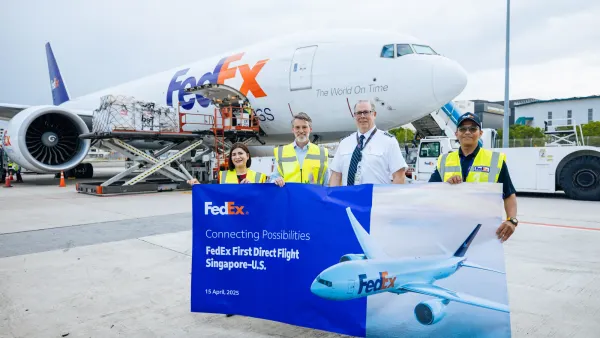Dive Brief:
- Fast Retailing, the parent company of Japanese retailer Uniqlo, has released a list of 146 suppliers along with its 2017 Sustainability Report, Sourcing Journal reported Tuesday.
- In October 2016, the company was found guilty of dangerous conditions for workers and forced overtime within its supply chain, and was called out by both War on Want and Students and Scholars Against Corporate Misbehavior (SACOM), two non-profits.
- After labor watchdog actions, the company released its full list of suppliers for increased transparency and transitioned to the Sustainable Apparel Coalition's (SAC) HIGG Index, which benchmarks success on sustainability reforms throughout the supply chain.
Dive Insight:
In 2016, when Uniqlo was cited for such abusive practices as excessive overtime, low pay, dangerous working conditions and oppressive management, the brand's reputation as an ethical producer was seriously damaged. Now, with its 2017 Sustainability Report, the Japanese fast fashion maker will again attempt to market itself as a positive steward not only of the environment but also of human well-being.
The new report lays out in detail the seriousness with which Uniqlo takes such allegations and the remedies put in place. In addition to a fully transparent supplier list, new initiatives include translating supplier codes of conduct into local languages to ensure full understanding, enhancing grievance mechanisms at supplier factories, and a more watchful eye on the company's success in reducing energy, waste and water effluence.
In addition, the retailer outlines an extensive supplier factory condition monitoring system, which grades conditions and grievances on an A-F scale, with anything below a C requiring follow-up investigations. If a supplier consistently fails investigations, contracts could be re-evaluated as a form of punishment. The company notes 90% of its supplier factories are located in Turkey, Bangladesh, China, Indonesia, Vietnam and India.
The extensiveness of the report seems to indicate a determined effort to seek improvement. In fact, the company notes that it has helped disseminate nutrition, hygiene and healthcare information to 17,000 women laborers, resulting in a 36% reduction of sick leave in one factory.
The company's response to criticism is encouraging for advocates of ethical sourcing. However, only ongoing, consistent observation and behavioral maintenance for on-site management will ensure the problems previously found within the company's supply chain will disappear. Regardless, it is likely that Unqlo's former critics will be watching.













